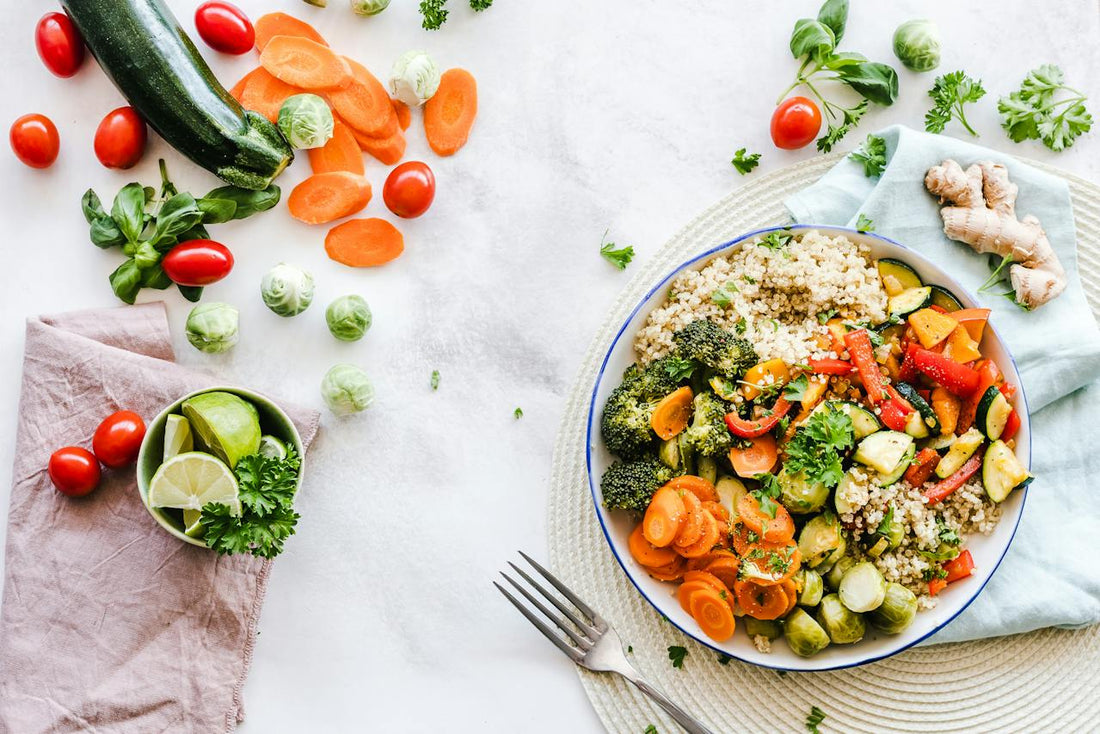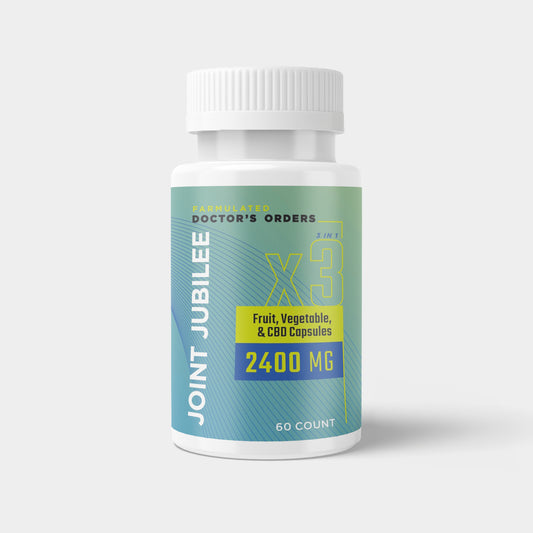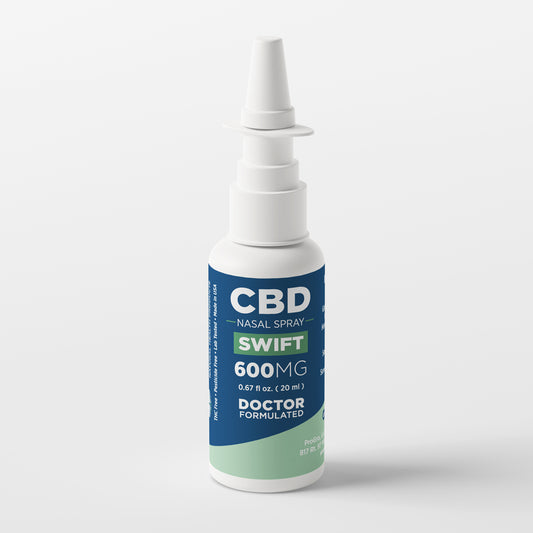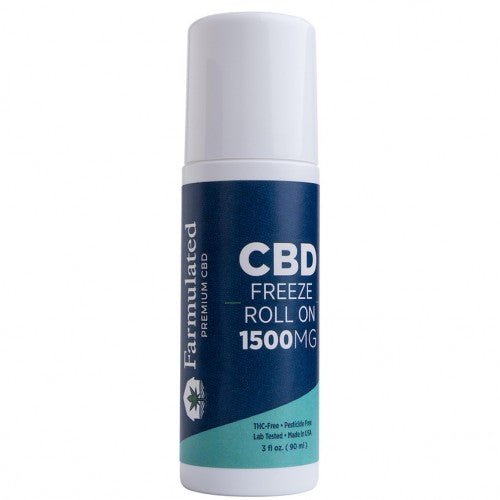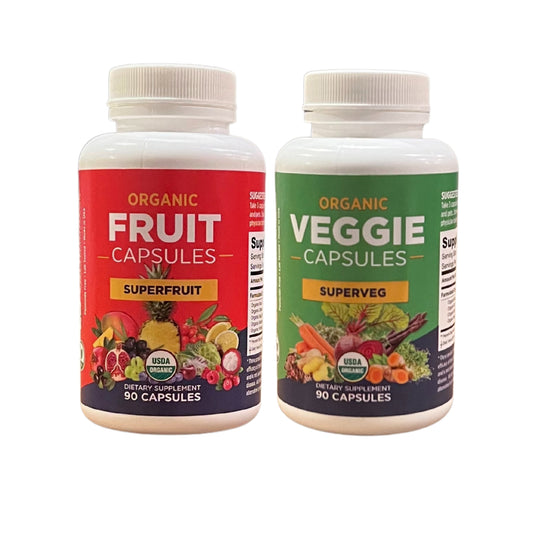When we think about the cornerstones of a healthy diet, fruits and vegetables stand out as undisputed champions. Packed with an array of vitamins, minerals, and fiber, they are crucial for maintaining optimal health. Yet, the chaos of modern life often derails our best intentions, leading to less than ideal consumption of these vital nutrients. Enter fruit and vegetable supplements—convenient, concentrated forms of plant-based goodness. These supplements promise to fill the gaps in our diets, but the question remains: are they truly beneficial, or do they fall short of their fresh counterparts? Today we'll peel back the layers of evidence to uncover the truth about fruit and vegetable supplements and their impact on our well-being.
FAQs About Fruit and Vegetable Supplements
Are fruit and vegetable supplements good for you?
While the best fruit and vegetable supplements can provide some nutrients that you may not get from your diet, they should not be considered a complete substitute for whole foods. They can be beneficial in complementing your diet but should not be the sole source of your nutritional intake.
What are the health benefits of taking fruit and vegetable supplements?
These supplements may offer a convenient way to increase your intake of vitamins and antioxidants. They can potentially support a healthy immune system and fill nutritional gaps when fresh produce is not available.
Can fruit and veggie supplements replace a healthy diet?
No, fruit and veggie supplements should not replace a healthy diet. They are intended to supplement the diet, not replace the varied nutrients and fiber you get from consuming whole foods.
Do fruit and vegetable pills have the same nutrients as fresh fruits and vegetables?
Fruit and vegetable pills may contain some of the vitamins and minerals found in fresh fruits and vegetables, but they lack the full spectrum of nutrients, including fiber and certain phytochemicals that whole foods provide.
Are fruit and veggie pills considered part of a balanced diet?
While they can add to the nutritional content of a balanced diet, they should not be the primary source of your nutritional intake. A balanced diet includes a variety of whole foods.
How do vegetable supplements fit into a healthy lifestyle?
Vegetable supplements can be a part of a healthy lifestyle, especially for those who struggle to consume enough vegetables due to dietary restrictions, accessibility, or personal taste preferences.
Are vegetable pills a good way to get my daily veggies in?
Vegetable pills can provide some of the nutrients found in vegetables but, as already stated, should not be your only source. It's best to eat a wide variety of vegetables in their natural form to ensure you're getting all the necessary nutrients.
Do veggie supplements offer the same digestive enzymes as fresh vegetables?
Veggie supplements typically do not contain the digestive enzymes that are naturally present in fresh vegetables, which aid in digestion and nutrient absorption.
Is it better to take supplements or to eat natural fruits and vegetables?
Eating fresh fruits and vegetables is the best way to ensure you're getting the full range of nutrients, fiber, and enzymes they provide. Supplements can be beneficial but should not replace nature's offerings.
How often should I eat fruits and vegetables compared to taking supplements?
You should aim to eat fruits and vegetables multiple times a day as part of your regular meals and snacks. Supplements can be used occasionally to bolster your intake but should not be the primary means of getting your daily servings of fruits and vegetables.

